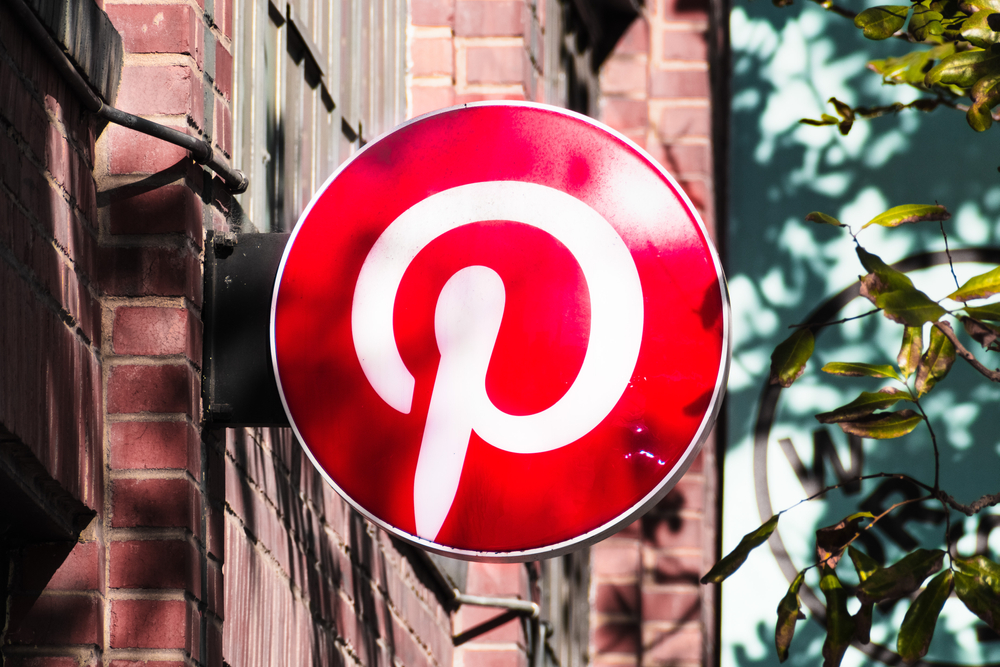Pinterest, in an asserted desire to create a safe space for its users, is now banning ads on weight loss.
To combat the psychological turmoil induced by the physical formalism of social networks, Pinterest has updated its advertising policy to ban all ads containing text or images related to weight loss. In doing so, Pinterest became the first platform to ban all weight loss ads and adopt body neutrality. This recent and new stance is in line with Pinterest’s long-standing policies on ads, which prohibit “body shaming” and posts that promote excessive thinness or overly radical diets. In addition, when users search for keywords associated with eating disorders, the search is automatically blocked, referring the user to an organization that can help.
Specifically, the new update will now prohibit:
Any text or images about weight loss.
Any testimonials about weight loss or diet products.
Any text or image that idealizes or denigrates certain body types.
Any reference to body mass index (BMI) or similar indices.
All products to be worn or applied to the skin that claim to enable weight loss.
This is in addition to the advertising content already banned by Pinterest:
Appetite suppressant, weight loss pills and dietary supplements.
Before/after weight loss images.
Weight loss procedures, such as liposuction, or fat burning.
Body shaming, in the form of images or statements that mock or discredit certain body types or physical appearances
Claims of unrealistic results.
Only advertisements promoting healthy habits and lifestyles, or fitness services and products will continue to be allowed, if they are not focused on weight loss. This policy change was developed with guidance from the National Eating Disorders Association (NEDA).
#Pinterest, #bodyposi, #SafePlace, #SN,



